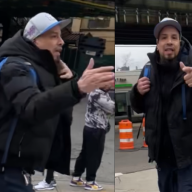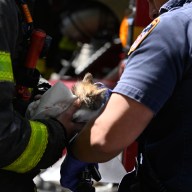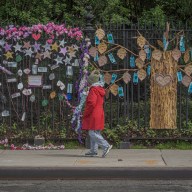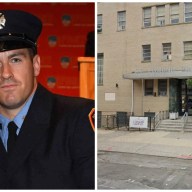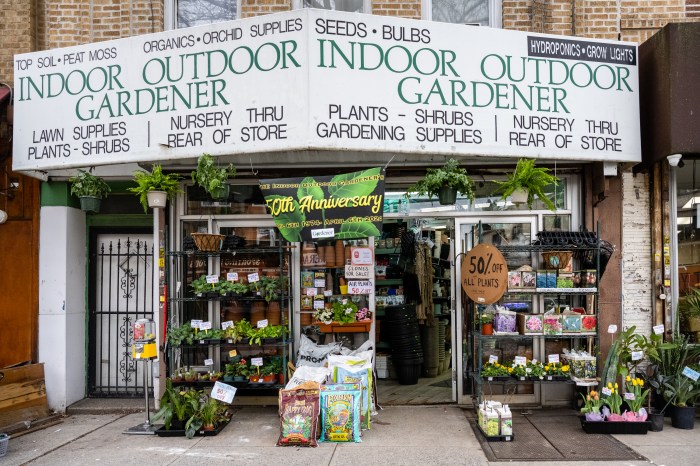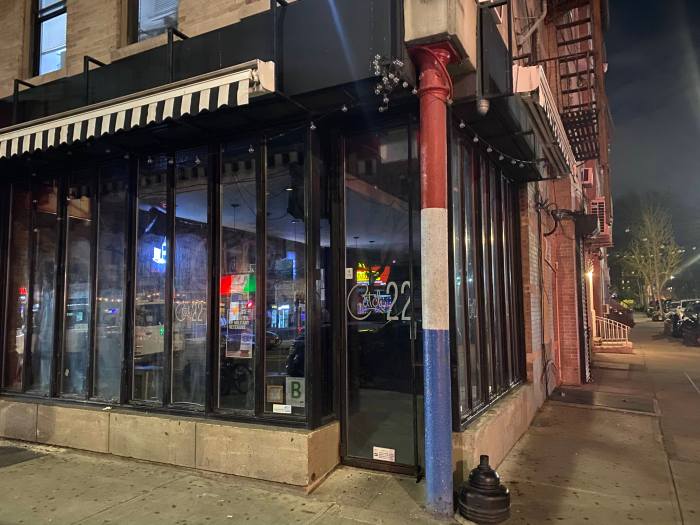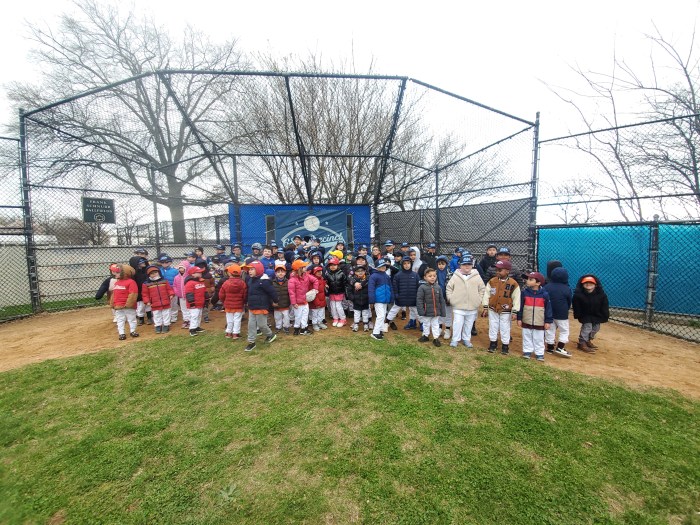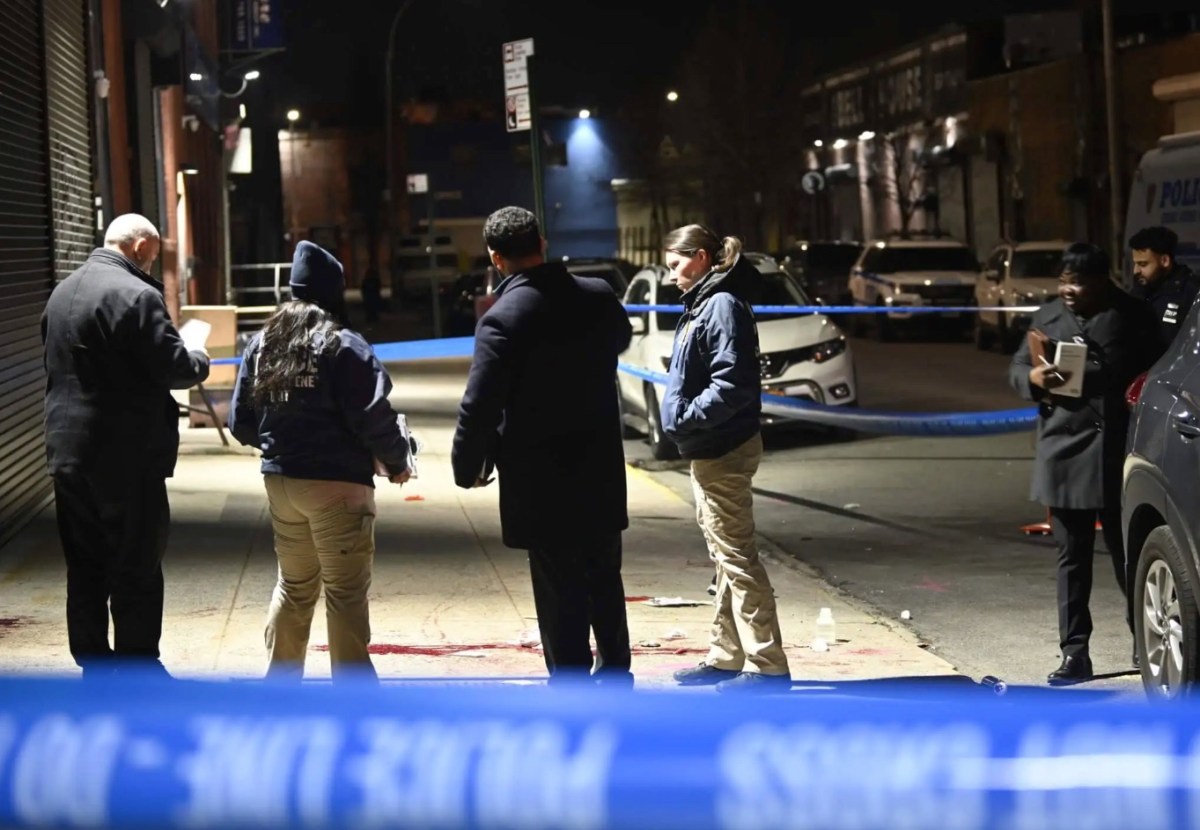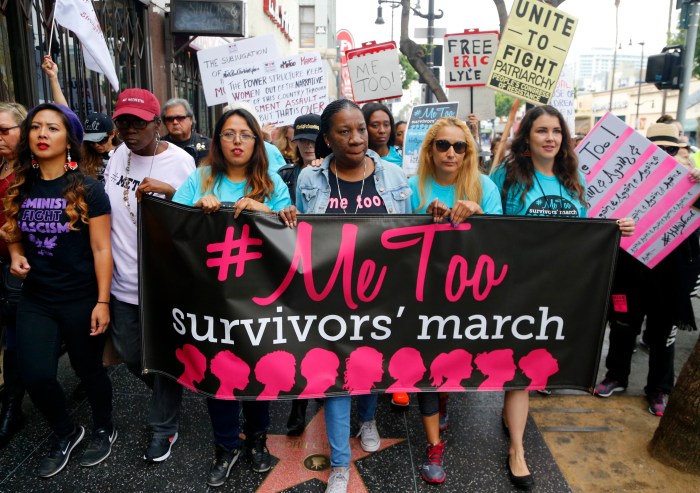It’s a dicey subject.
Ridgites and politicians are scrambling to stop greedy property owners from illegally dicing up one-family homes into multi-family flophouses, but holes in legislation and enforcement mean there is no silver bullet.
“We have to chip away at this piece by piece,” said Community Board 10 district manager Josephine Beckmann.
The board’s Land Use Committee met twice about the growing problem over the summer recess and is finalizing a list of recommendations to the city for quashing illegal conversions. Chief among them is a request for the Department of Buildings to focus enforcement on “hot spots” where residents log the most 311 complaints about conversions.
The city receives an average of 20,000 illegal conversion complaints a year. Since 2012, the city received more than 1,100 such complaints in Community Board 10 alone, and it has followed up on less than half, our analysis of city data shows.
The city sent inspectors to verify fewer than 300 of the complaints. And in half of those cases, inspectors never got into the building. When the department receives a 311 complaint, it dispatches inspectors to see if the complaint is warranted. But they only make two attempts to enter a questionable building. If nobody lets them in either time, the department just closes the complaint.
Of 282 inspections the department mounted since 2012, 76 resulted in no violation, 29 resulted in some kind of punitive measure by the city, and the other 177 cases were closed because inspectors were turned away at the door or residents were not home, according to city data.
But if the city can send more inspectors to Bay Ridge, it may have better luck getting into suspected conversions, board members said.
“Hot spots are a great way to focus their attention,” said CB10 Land Use Committee chairwoman Ann Falutico.
The city’s weak response to the proliferation of illegally converted homes in the area puts people at risk, Bay Ridge residents say.
Tenants in the converted houses often lack adequate light, fresh air, and emergency exits — an issue that also affects firefighters who respond to fires in the mazes of sheetrock and plywood.
Neighbors can be put at risk, too. Digging out an attached home’s basement to make space for bedrooms weakens the entire building, and can lead to collapse that pulls down adjacent, code-compliant buildings. And chopping up houses for too many tenants strains local resources and creates quality of life issues for entire neighborhoods.
“School overcrowding is directly tied to illegal conversions,” said Councilman Vincent Gentile (D–Bay Ridge).
Alongside the community board, a grass roots group called the Brooklyn Housing Preservation Alliance has sprung up to lobby lawmakers and the city and also help residents log 311 complaints.
The group is asking the city to require property owners to register rental units and submit to inspections before signing leases, said alliance founder and Dyker Heights resident Bob Cassara.
On the legislative front, Gentile introduced a bill this year that would let the city fine property owners for conversion violations based on evidence observable without entering the building. A proliferation of mailboxes or utility meters could indicate a building has been diced up, Gentile said. To clear the violations, compliant property owners would simply have to open their doors to city inspectors. Gentile’s legislation has yet to clear the council’s Housing Committee, but the councilman said he is confident it will go through.
“There is a lot of support for this — you just had to let it ripen,” he said.
Gentile has also authored a bill that would take away self-certification privileges from architects who repeatedly sign off on plans that violate building codes.
Another bill in Albany would create a special category of felony for putting fire fighters in danger by subdividing homes.
The responses have focused on tweaking existing laws to eliminate loopholes that shady landowners use to chop up homes. But some property owners don’t go through the city at all before starting work on a subdivision, and those scofflaws will be much tougher to root out, one CB10 member said.
“We have to remember, this is all about people who are willing to do illegal things in the first place,” said Stephen Harrison.











